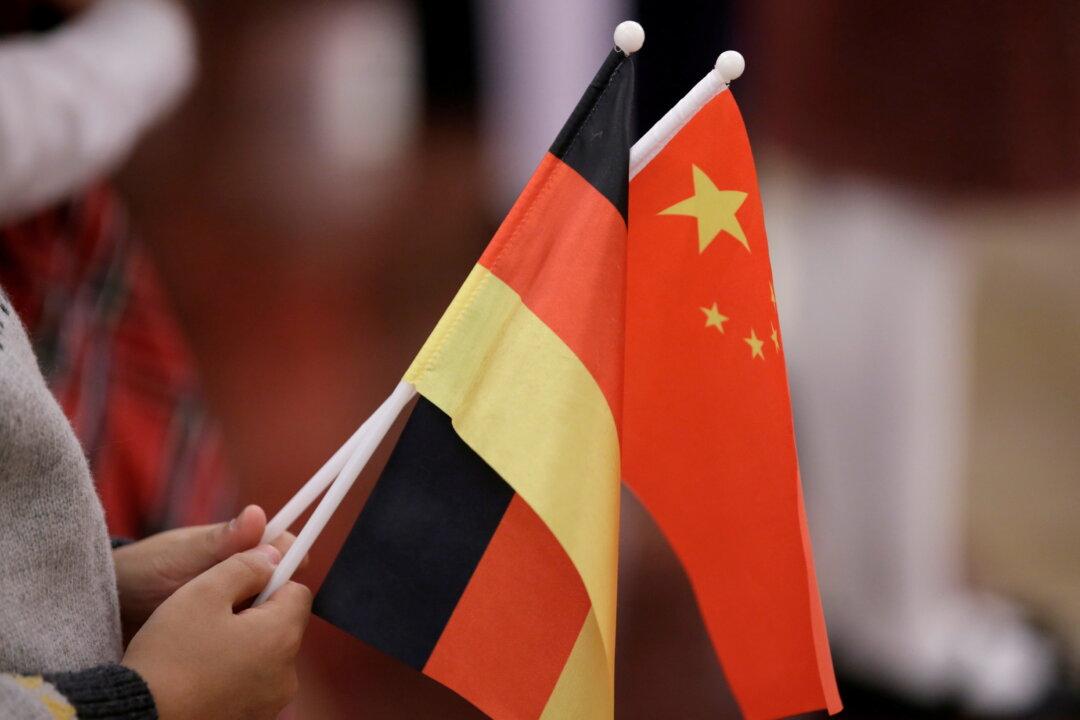China is adopting a “back door” approach to improve its access to German technology due to the rising difficulty of acquiring enterprises in the industry, a study conducted by the Cologne Institute for Economic Research (IW) has revealed.
The study found that German license revenues from China more than tripled in 2022 compared to 2014, and doubled since 2020, clearly indicating “that Chinese companies are looking for a new way to get access to German technology,” Juergen Matthes, head of IW, told Reuters. “Tech licenses are one way for China to try to get in through the back door.”





